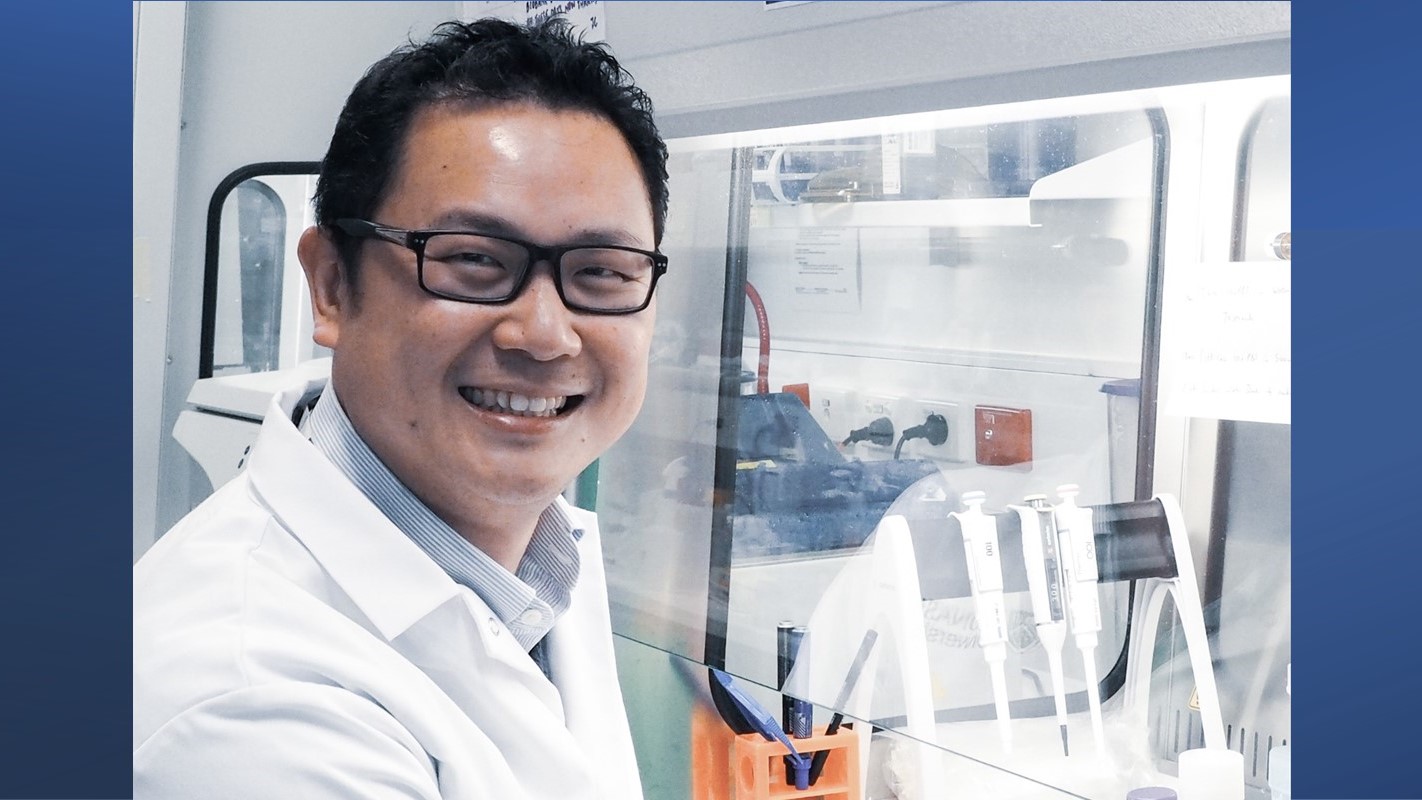
Patients with rare aggressive ovarian and uterine cancers, called carcinosarcomas, have limited treatment options, resulting in worse outcomes.
An international investigator-initiated clinical trial has commenced patient recruitment in Melbourne.
The trial aims to test a novel chemotherapy and immunotherapy combination in women with recurrent ovarian and uterine carcinosarcomas, seeking to find better treatment options.
The Eribulin and Pembrolizumab in Tubo-Ovarian and Uterine Carcinosarcoma (EPOCH) trial is based on a study led by WEHI (formerly known as the Walter and Eliza Hall Institute of Medical Research), published in Cancer Research.
The study demonstrated that Eribulin, a chemotherapy drug used to treat advanced stages of breast cancer, exhibited greater efficacy for ovarian carcinosarcoma compared to the current standard of care chemotherapy for ovarian cancer, which involves platinum-based agents.
The team also found that Eribulin can boost the immune response against ovarian carcinosarcoma, as more immune cells were found in the tumours following treatment, suggesting that the Eribulin treatment could make these tumours more responsive to immunotherapy.
And so, Pembrolizumab, an immunotherapy used in the clinic to treat other types of cancer, such as skin cancer, lung cancer, and cervical cancer, is chosen as part of the treatment, in combination with Eribulin.
Monash Health is one of the two sites for the clinical trial in Melbourne, the other being Peter MacCallum Cancer Centre. Prince of Wales Hospital in Sydney is also recruiting patients. Other sites in Brisbane, London and Toronto will open soon for recruitment.
The Principal Investigator for the clinical trial at Monash Health, Oncologist Dr Gwo-Yaw Ho, says one of the main problems for women with these rare aggressive cancers is that they are often treated based on treatment regimens used for more common types of ovarian cancer.
“Most of the time, these treatments are ineffective for these women, and we do not have any other treatments available. Due to the rarity of these cancers, the treatment used for ovarian carcinosarcoma and uterine carcinosarcoma is basically a guesswork with medical evidence extrapolated from ovarian cancer studies.
“Unfortunately, the overall outcome for these women is really poor,” he says, “and most women don’t survive for more than two years from their diagnosis”.
Dr Ho, who heads the Cancer Immunology Laboratory at Monash University, says that the pre-clinical data underpinning this study was part of his PhD in 2015 under Professor Clare Scott AM, who is the Principal Investigator of the EPOCH trial and the Joint Division Head at WEHI’s Clinical Translation Division. Professor Scott is also the Chair of Australia New Zealand Gynaecological Oncology Group (ANZGOG), the study sponsor.
Dr Ho and the team generated multiple preclinical models recapitulating the biology of rare ovarian carcinosarcoma cases in the clinic. They used the models to identify weaknesses in these cancers, which could indicate potentially effective treatments.
“Understanding the biology of these rare tumours allow us to identify two therapeutic agents that can be combined to improve the overall outcome of these women,” he says.
It took seven years to reach this stage where the study is now open for recruitment. The first stage of the trial aims to enroll 30 participants, with plans to recruit an additional 60 participants in the second stage.
The clinical trial will collect cancer tissues from the women before, during and after the treatment. The research team will use the data collected to refine and possibly redesign the trial for the next stage. All patient samples from this trial will be analysed in Professor Scott’s WEHI lab.
WEHI Translational Research Lead, Dr Holly Barker, who led the research underpinning the clinical trial, said, “The success of this study will validate our preclinical studies and open up more effective treatment options for women with these aggressive cancers.”
EPOCH is one of the few studies designed specifically for a rare cancer based on strong pre-clinical data.
“More studies are needed for rare cancers to improve the way we treat these diseases,” she says.
Stay up to date with stories and the latest from the world of research; subscribe to the Monash Health quarterly newsletter, Research Matters here.
Approved by: A/Prof Zee Wan Wong, Director of Oncology


